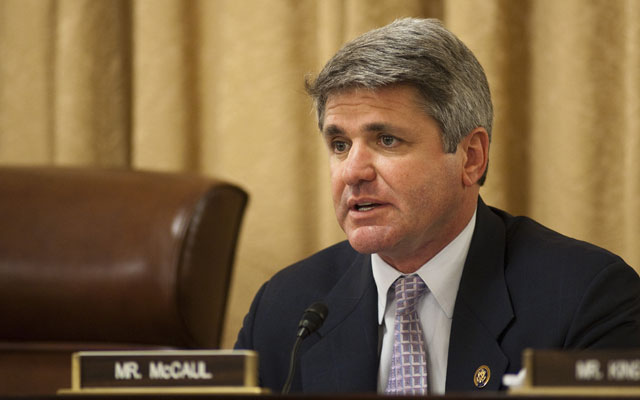Fighting New Terror Threats Requires Defining Them
Lisa Curtis /
The way the U.S. President talks about terrorism matters. As chairman of the House Homeland Security Committee, Representative Michael McCaul (R–TX), recently put it, “Great leaders do not tell their constituency what they want to hear; they tell them what they need to know.… The American people deserve to make informed decisions, and they do not deserve to have the real threats against them obscured, or our real efforts to combat them diminished.”
Two years ago, the Heritage Foundation released a report, “A Counterterrorism Strategy for the ‘Next Wave,’” which highlighted the need to prevent the emergence of a global Islamist insurgency. The report seemed alarmist to those who believed that Osama bin Laden’s death would lead to the devastation of al-Qaeda. But given al-Qaeda’s increasing reliance on affiliate organizations across the Middle East and North Africa for carrying out its violent agenda, and its efforts to exploit democratic transitions in the Arab world, it is now clear that the world is indeed entering a second phase of al-Qaeda-inspired global terrorism.
The Obama Administration has done a lousy job of explaining the evolution of the terrorist threat to the American public. President Obama has consistently portrayed al-Qaeda as a dying organization, and the threat from terrorism as receding. The Administration’s efforts to downplay the threat of global terrorism are incongruous with the terrorism alert issued earlier this month that shut down nearly 20 U.S. diplomatic missions across the Middle East and North Africa.
At a conference last Tuesday hosted by the Foundation for the Defense of Democracies (FDD), national security experts emphasized how the Obama Administration has prematurely sounded the death knell for al-Qaeda. FDD Senior Fellow Tom Joscelyn argued that al-Qaeda has demonstrated its wherewithal by what it has accomplished through its affiliates in Iraq, Mali, Syria, and Yemen. He said that al-Qaeda leaders are not only terrorists, but also “political revolutionaries” pursuing power across the Middle East.
Joscelyn further argued that even though the al-Qaeda brand may not be particularly popular in the Muslim world, al-Qaeda’s ideology was still a threat to U.S. national security that must be actively countered. National Security correspondent for The Daily Beast and Newsweek Eli Lake, on the other hand, argued that al-Qaeda will fail on its own because of the lack of support among Muslims for its ideology.
The extent to which al-Qaeda’s ideology resonates in the Muslim world, and whether it needs to be actively countered by the U.S., are important questions. In seeking to thwart terrorist threats, U.S. officials must keep looking ahead and thinking strategically.
FDD President Cliff May noted at Tuesday’s conference that the way in which the Administration chooses to frame the threat from terrorism in its public remarks matters. Failure to properly define the threat will lead to failure to implement an appropriate policy response.
May emphasized the need for the Administration to actively delegitimize and discredit al-Qaeda’s ideology. He likened the current situation with al-Qaeda and the Middle East to pre–World War II decision making, when Churchill and Roosevelt adopted a strategy to destroy and defeat the ideology that animated Nazi Germany.
No doubt U.S. policies that have been pursued at home and abroad by both the Obama and Bush Administrations have helped prevent a second 9/11-style terrorist attack. But the Obama Administration’s overemphasis on gains against al-Qaeda is both unnecessary and detrimental to staying ahead of the evolving nature of the threat posed by the terror group.

